America’s advanced industries—characterized by their deep engagement with research and development (R&D) and science, technology, engineering, and math (STEM) workers—drive regional and national prosperity, as we observed in a recent Brookings paradigm report.
And yet, while advanced industries do this everywhere, how they do it in one metro area can be quite different from how they do it in another.
In some places local clusters push the frontiers of advanced manufacturing. In others they focus on energy or information technology. The strongest locations do it all. So, to see some of the ways in which local regions participate in the advanced economy, we here tour the 15 densest advanced industries hubs (in terms of employment share) in the United States.
15. Salt Lake City, Utah
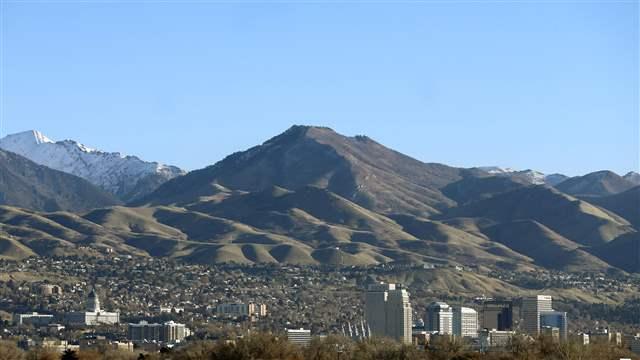
Advanced industry share of total metro area employment:
11.1 percent (71,500 jobs)
Salt Lake City anchors an advanced industry hot zone stretching the length of Utah’s Wasatch Front. It specializes in most everything related to information technology and medicine.
14. Ogden, Utah
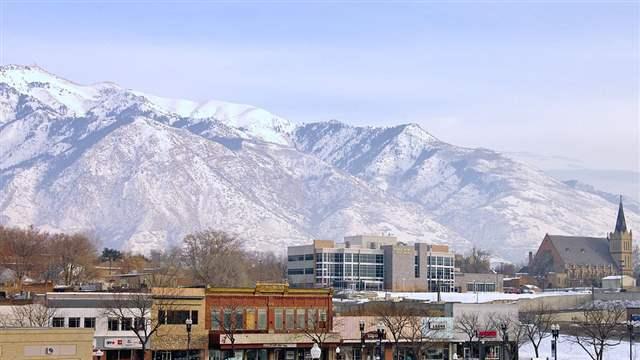
Advanced industry share of total metro area employment:
11.3 percent (26,500 jobs)
Just a half hour to the north of Salt Lake, Ogden’s advanced industries have been growing at around 6 percent per year since the recession. It’s a lonely but lively outpost of auto parts manufacturing and miscellaneous heavy industry in the Mountain West.
Photo courtesy of Scott Catron
13. Raleigh, N.C.

Advanced industry share of total metro area employment:
11.7 percent (64,500 jobs)
Raleigh’s recipe combines computing power with high-tech instruments and a hefty dose of pharmaceuticals to generate one of the highest concentrations of advanced industry activity in the South.
12. Provo, Utah
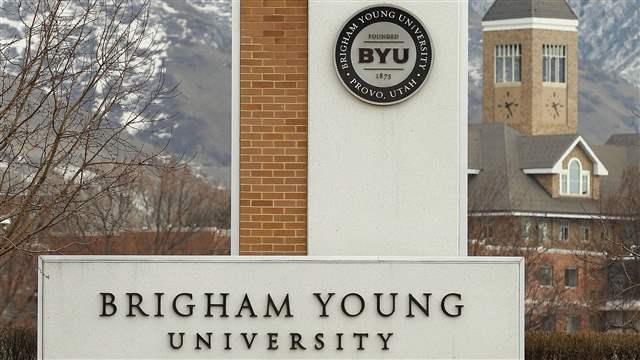
Advanced industry share of total metro area employment:
12.0 percent (25,000 jobs)
Perhaps Utah really is the place, as its state song says. Provo slips ahead of Ogden and Salt Lake City with the state’s fastest-growing advanced industry sector. Only somewhat facetiously dubbed the “Next Silicon Valley” by the New Yorker, heavily tech-oriented Provo is home to two of the world’s 73 venture-backed firms with valuations of $2 billion or more.
11. Austin, Texas
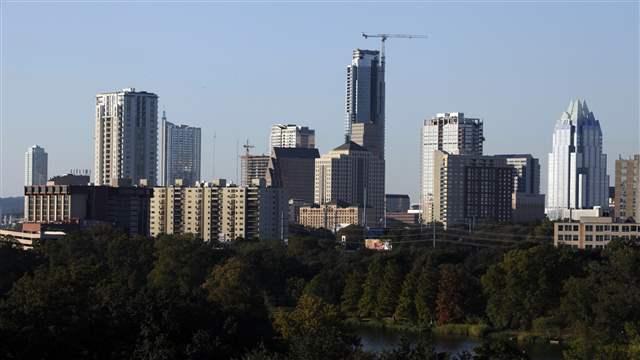
Advanced industry share of total metro area employment:
12.1 percent (106,500 jobs)
Tech-centric Austin is apparently weird in all the right ways—the 13 advanced industries in which it specializes pay, on average, over $100,000 per year.
10. San Diego, Calif.
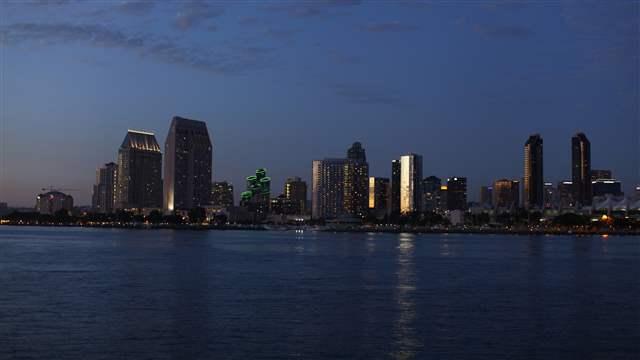
Advanced industry share of total metro area employment:
12.3 percent (176,000 jobs)
Sunny San Diego sits at the sweet spot of technological convergence: R&D in cross-cutting disciplines like nanotechnology and genomics fuels innovation—and synergies—in life sciences, communications, microelectronics, and more.
9. Houston, Texas
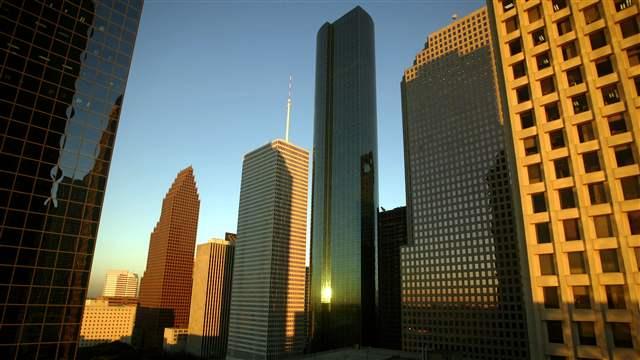
Advanced industry share of total metro area employment:
12.8 percent (361,000 jobs)
The world’s energy capital has diversified upstream, downstream, and sideways from its core expertise into an advanced industry powerhouse. From deep sea and horizontal drilling to hydraulic fracturing, technologies engineered in Houston are reshaping global energy markets and represent quintessential advanced industry breakthroughs.
8. Boston, Mass.

Advanced industry share of total metro area employment:
13.3 percent (339,000 jobs)
The future arrives early in Boston, where a variety of companies in diverse fields operate at the technological frontier and defense, biotech, and software blend into robotics, genomics, and the Internet of things.
7. Palm Bay, Fla.
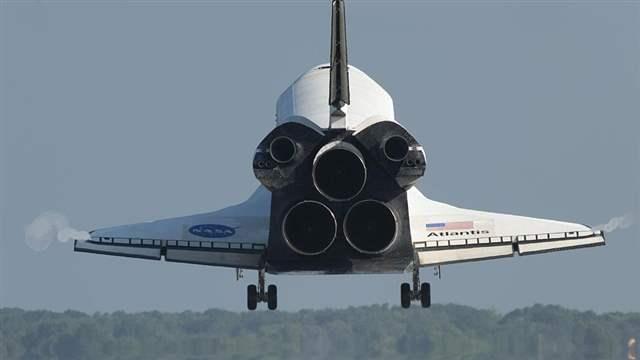
Advanced industry share of total metro area employment:
13.4 percent (26,500 jobs)
A Sun Belt oasis of high-tech production, Florida’s “Space Coast” boasts a small but potent portfolio of advanced industries primarily engaged in aerospace and defense.
6. Washington, D.C.
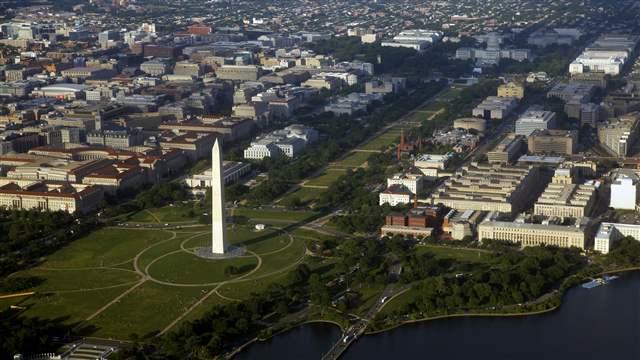
Advanced industry share of total metro area employment:
13.7 percent (503,500 jobs)
The D.C. region is the quintessential advanced services economy. With over 300,000 residents providing technology and consulting services to mainly government clients, no metro area except Austin has increased the size of its advanced sector faster in recent decades. However, federal cutbacks will now test the resilience of the region’s model. Can Washington shift from .gov to .com?
5. San Francisco, Calif.
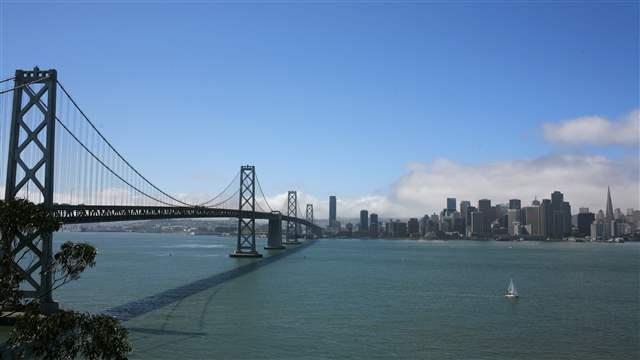
Advanced industry share of total metro area employment:
14.0 percent (297,000 jobs)
The Bay Area’s urban core boasts burgeoning specializations in web portals and software as well as traditional strengths in civil engineering and consulting. But with advanced industry wages at nearly twice the metro area average and growing 5.3 percent per year, inequality is going to remain an issue for the foreseeable future.
4. Detroit, Mich.
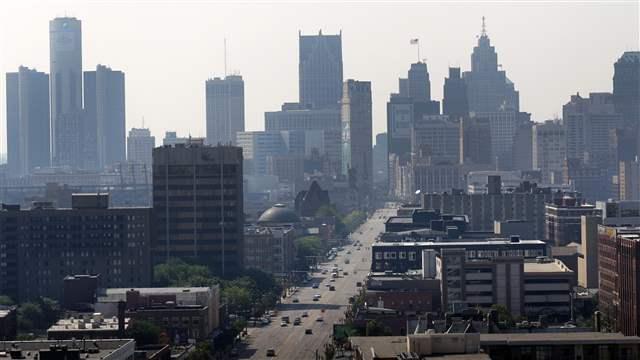
Advanced industry share of total metro area employment:
14.8 percent (279,500 jobs)
Underneath the prevailing narrative of Detroit as a Rust Belt ghost town is a busy metro area marrying its industrial past to a digital future. As cars become devices, Detroit is cultivating specializations in electronics, computing, and R&D services. The result: Advanced industry employment is growing rapidly, split evenly between manufacturing and services.
3. Wichita, Kan.
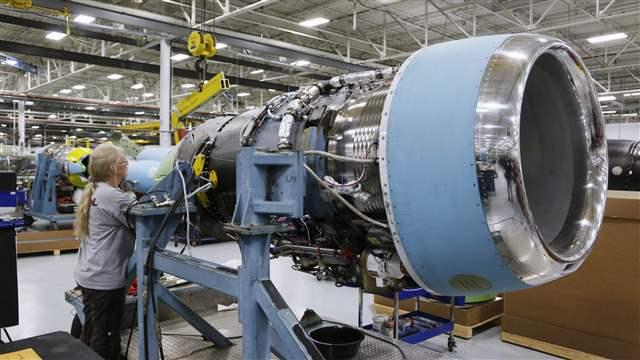
Advanced industry share of total metro area employment:
15.5 percent (47,000 jobs)
What Wichita lacks in advanced industry breadth it makes up for in depth. The metro area’s renowned aerospace industry makes it something of a one-cluster town, although Wichita retains secondary specializations in heavy machinery and other manufacturing, too.
2. Seattle, Wash.

Advanced industry share of total metro area employment:
16.0 percent (295,000 jobs)
In the hometown of Amazon, Boeing, and Microsoft, manufacturing meets software, consumer-facing meets enterprise support, and production and innovation go hand-in-hand. Thanks to caffeine and stock options, the metro area has a thriving startup scene, too.
1. San Jose, Calif.
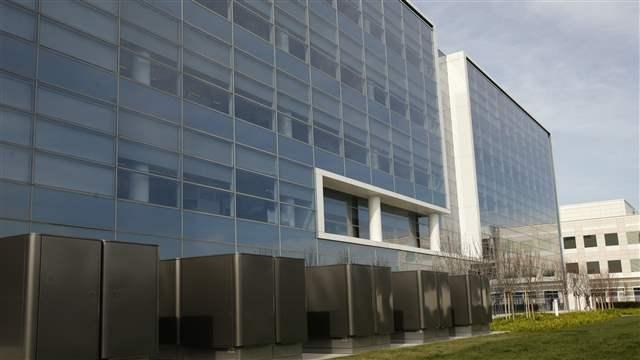
Advanced industry share of total metro area employment:
30.0 percent (292,000 jobs)
An astonishing three out of every 10 jobs in San Jose fall within the advanced industries sector. The metro area specializes in a remarkable 18 different advanced industries, nearly half of which are manufacturing. That’s right: Silicon Valley actually makes things. In fact, the convergence of atoms and bytes may be the secret to its success.
The Brookings Institution is committed to quality, independence, and impact.
We are supported by a diverse array of funders. In line with our values and policies, each Brookings publication represents the sole views of its author(s).
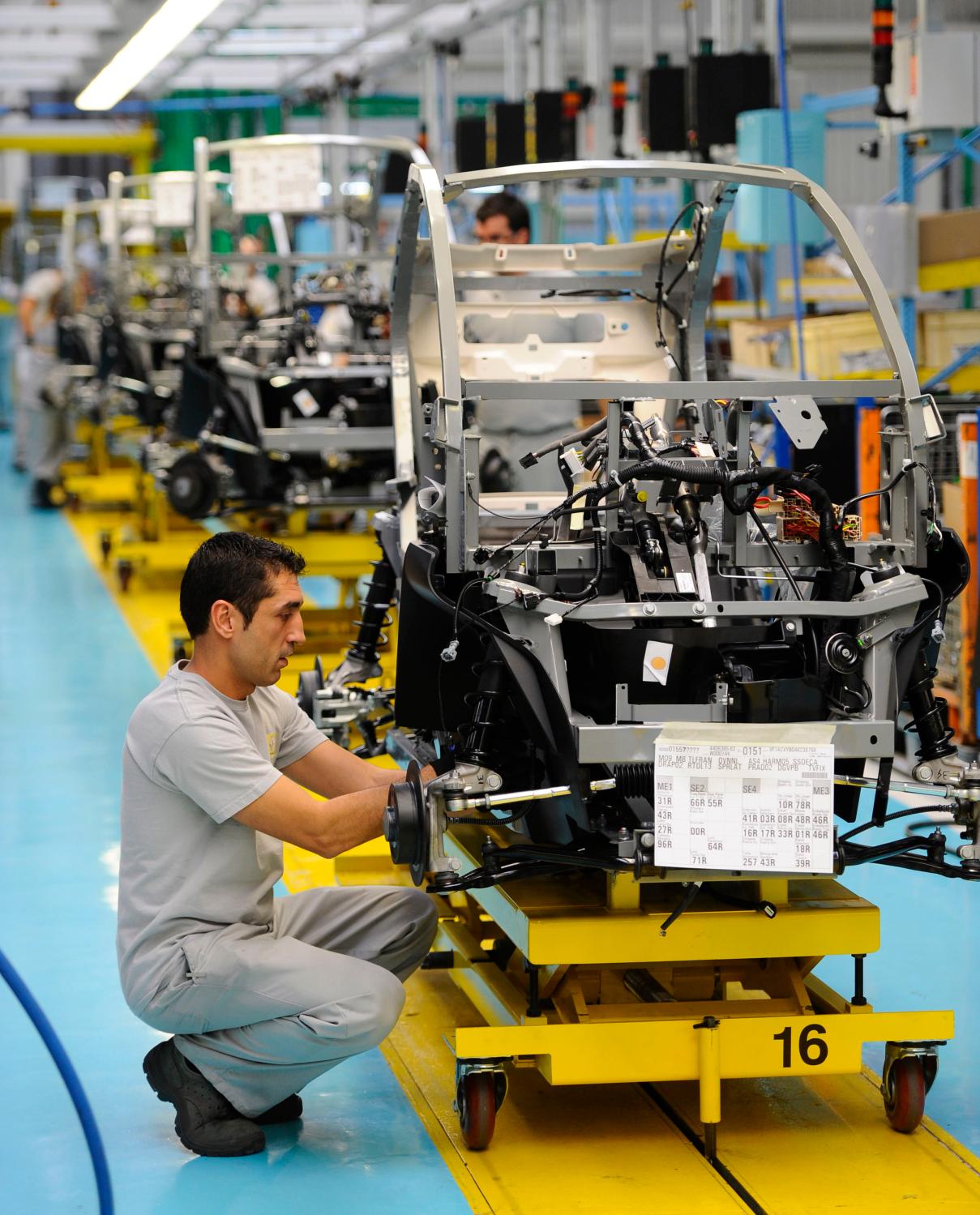



Commentary
The hottest 15 metros for advanced industries
June 8, 2015